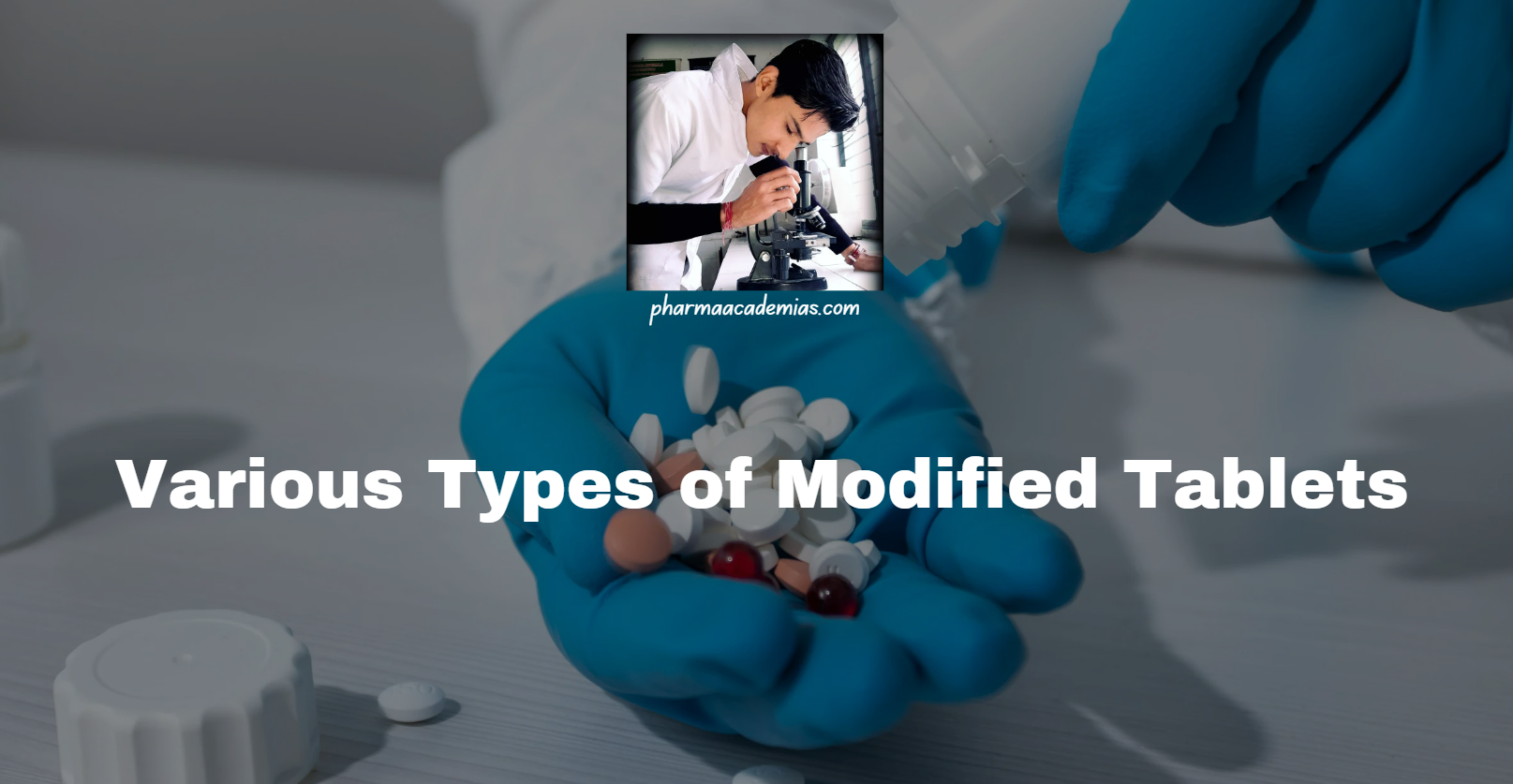Emulsion: Definition, Types, Composition, Properties, Advantages, Disadvantages
Definition An emulsion is a biphasic liquid dosage form consisting of two immiscible liquids (usually oil and water), where one liquid (dispersed phase) is finely dispersed as droplets within the other liquid (continuous phase) with the aid of an emulsifying agent. Emulsions are used for oral, topical, or parenteral applications to deliver drugs with improved … Read more







